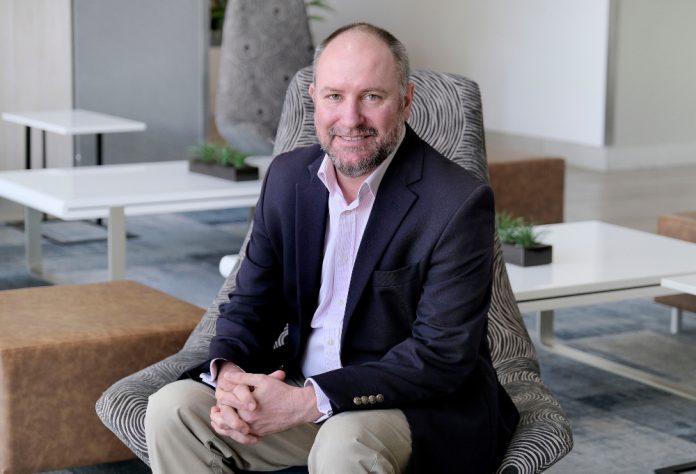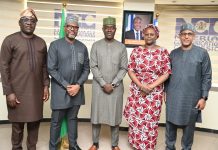VMWare Principal Partner and Africa’s only neutral cloud infrastructure business, Routed, says implementing a workable multicloud strategy hinges on a business properly assessing applications within its current infrastructure environment to decide which cloud is ideal for each of its applications.
“This should be balanced against the ability to provide fault tolerance for each application across cloud operators, as well as the integration between applications which might affect decisions to deploy applications together on the same cloud platform, or across multiple cloud platforms,” says Andrew Cruise, Managing Director, Routed.
Another equally important consideration is ensuring internal resilience when migrating or developing applications on any cloud platform. “It’s much better to first mitigate risk and avoid downtime caused by relatively minor issues, and only then design fault tolerance or failover between cloud operators in the event of a major downtime incident on one of your cloud operators,” he says.
An organisation’s choice of providers should be dictated by their ability to deliver a secure, performant and highly available hosting experience, combined with the required features and functions for all business applications. “Your provider’s credibility and reliability track record should be investigated and their expertise to run your business-critical applications queried,” notes Cruise.
He adds that a multicloud approach does not have to include all cloud operators or indeed any of the hyperscale cloud operators. “Risk mitigation dictates that multiple cloud operators should be chosen, but it should also be feasible for these to use one consistent platform, which is what VMware Cloud has been designed to do.”
The benefits of multicloud typically fall into two groups; the first being the value features of each individual cloud and the second group centred on risk mitigation, it’s important to remember that these two groups are inherently in conflict. “By definition, unique platforms, software and functions offered by a specific cloud provider are not offered by the others and therefore it is nearly impossible to load balance or provide cross-cloud resilience for applications that are developed with these toolsets across multiple cloud platforms,” explains Cruise.
Achieving resilience requires a lowest common denominator approach, which means using tools, functions and software available across all the cloud platforms in use. “Notably, the exception to this conflict is the VMware Cloud ecosystem: whether hosted in AWS, Azure, GCP, or any of the global hyperscale clouds, or on a local VMware cloud operator, or on VMware Cloud Foundation on dedicated internally managed infrastructure, a common toolset and software stack facilitates a consistent experience for hosted applications,” he says.
While multicloud and its place in digital transformation continues to evolve, Cruise cautions that it may not be suitable for every organisation, and those that do embark on the journey should expect proper implementation to take time.
“Cloud hype has progressed from the urgent ‘move to cloud!’ call of a decade ago, to ‘hybrid cloud rules’ five years ago, to the ‘multicloud or bust!’ message of today. Of course, each of these blanket statements has merit but there is no magic silver bullet for a businesses’ infrastructure requirements. Although the predicted move to cloud has been slower than the experts predicted, I believe that the multicloud story will be slightly more common than niche,” says Cruise.








